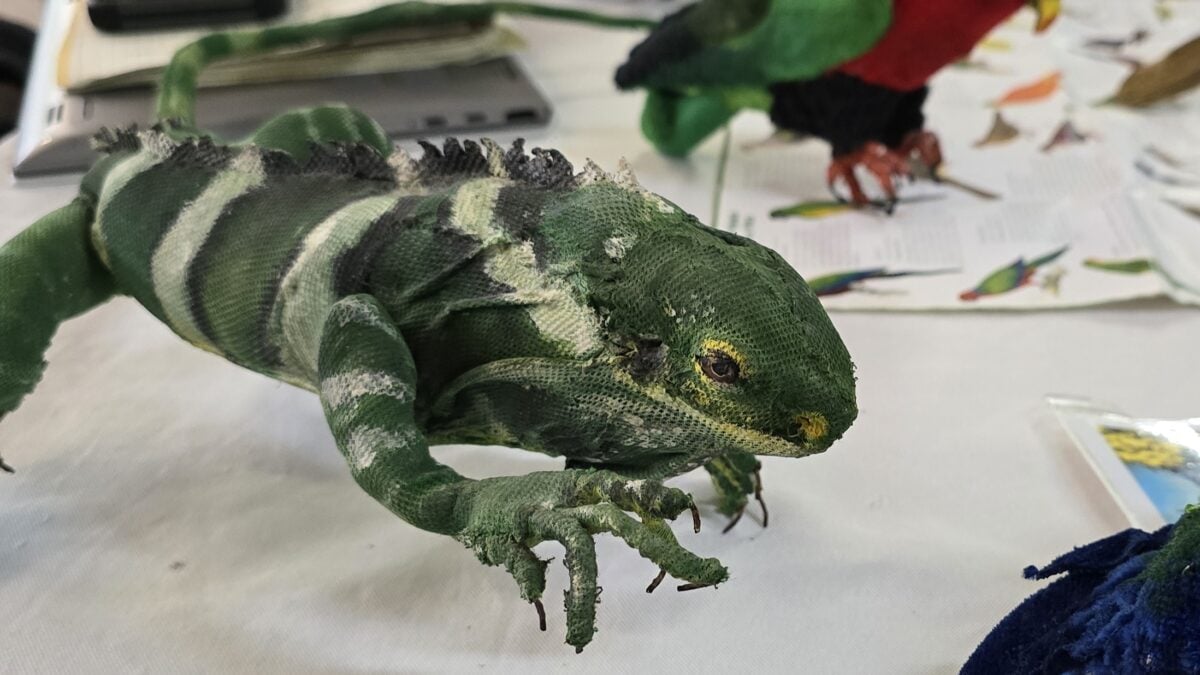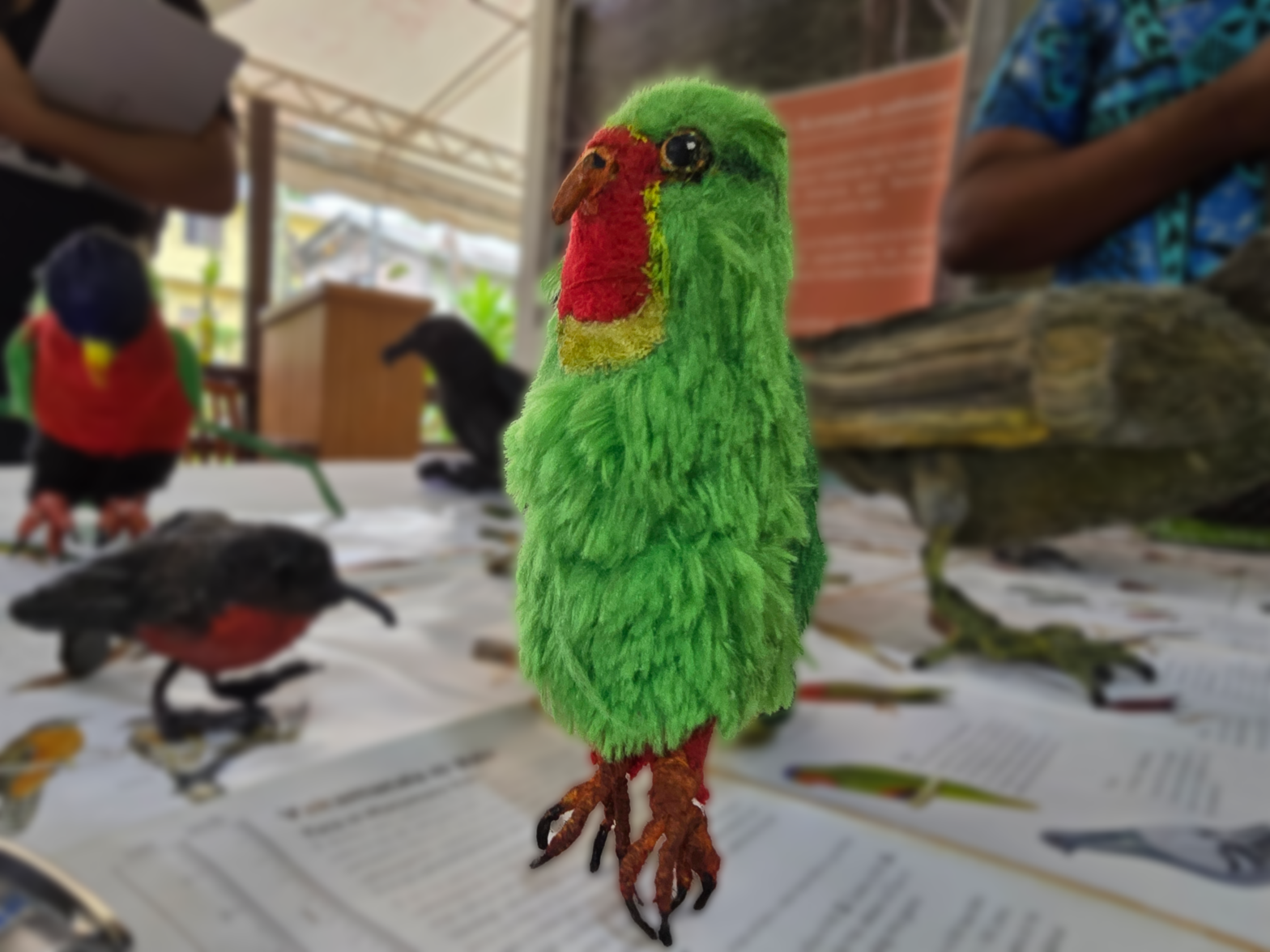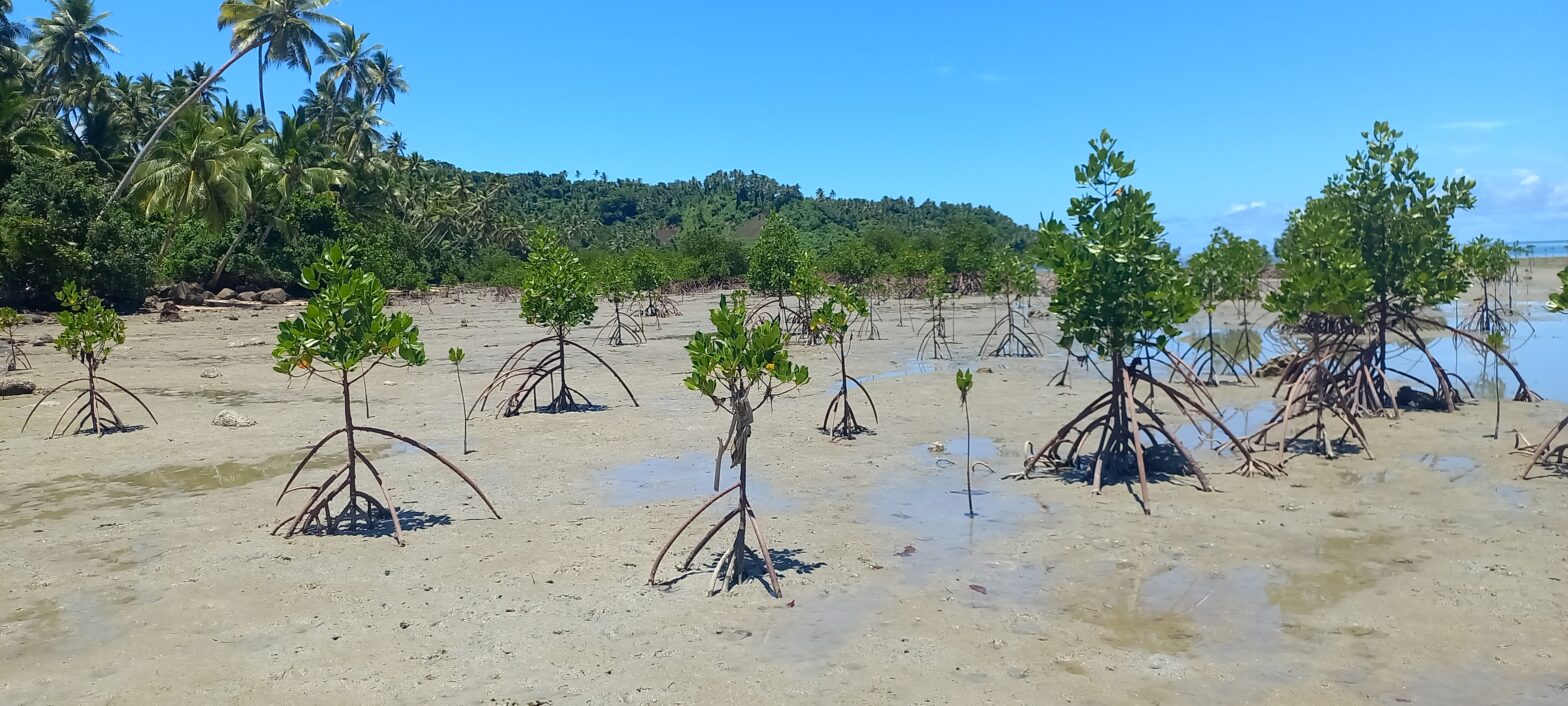In the heart of the Pacific Ocean, Fiji is known for its intense tropical beauty, vibrant culture and astonishing biodiversity.
Among its unique inhabitants, five species of iguanas stand out, four of which are native and endemic to the islands.
Yet, these significant reptiles face an uncertain future, threatened by habitat loss, invasive species, and the illegal wildlife trade.
Nunia Thomas-Moko, Director of NatureFiji-MareqetiViti, highlights the challenges and efforts to conserve these iguanas, particularly the critically endangered Fijian Crested Iguana.
The Iguanas of Fiji
Fiji is home to four native and endemic iguana species: the Crested Iguana (Brachylophus vitiensis), the Lau Banded Iguana (Brachylophus fasciatus), the Fijian Banded Iguana (Brachylophus bulabula), and the Gau Iguana (Brachylophus gau). These species are vital components of Fiji’s biodiversity and are found in specific island habitats across the archipelago.
“Four species of iguana is quite diverse for an oceanic island like Fiji,” said Thomas-Moko.
“For the Crested Iguanas, thanks to collaborative programmes between the Iguana Specialist Group, organisations like the National Trust of Fiji, NatureFiji-MareqetiViti, Wildlife International, and the community, we’ve been able to put together an Iguana Species Recovery Plan and we’ve been following these plans since 2004.”
Conservation efforts and challenges
The Crested Iguana, critically endangered, has benefited from extensive conservation efforts, including habitat preservation, population monitoring, and the development of recovery plans.
“The crested iguanas thrive in dry forests, while banded iguanas prefer wet forests,” Thomas-Moko explains.
“We’ve worked with botanists to understand what the iguanas feed on and identify the habitats we need to conserve for their sake.”
However, the other banded iguanas remain less studied, with limited population data available.
“We know that the Brachylophus Bulabula was found in Viti Levu, Vanua Levu, Qamea, Taveuni and Kadavu,” Thomas-Moko explains. “But we’ve not found them in big numbers on Viti Levu and Vanua Levu for a long time, largely due to predators like mongoose and the difficulty in spotting them in tall trees.”
“In 2021, a confirmed sighting of a Banded iguana in Nabukelevu provided some hope. However, without comprehensive population studies, the status of these species remains uncertain. The primary threats include habitat loss and invasive species such as rats, cats, and mongoose, which prey on the iguanas and their eggs.”
“No one’s actually really done a good population study on the banded iguanas for us to say, this is how many banded iguanas we have left,” Thomas-Moko notes.
The Invasive Threat: Iguana Iguana
A major concern for Fiji’s native iguanas is the invasive Iguana Iguana (Green iguana or American Iguana), native to South and Central America. Introduced to Qamea Island around 2000, its population has grown to an estimated 2,500 individuals.
“With no natural predators, its numbers are expected to grow exponentially and spread to more islands in Fiji,” Thomas-Moko warns.
“The American iguana is a serious pest of village gardens and farms, posing a threat to food sustainability and even undermining infrastructure with their burrows.”
Efforts to control the invasive iguana include capturing and destroying individuals and targeting nesting areas. Yet, the challenge is immense, with the invasive species causing significant ecological and economic damage in places like Puerto Rico and Florida.
“American iguanas cannot be poisoned or easily trapped. The only way to reliably eradicate them is to capture and kill each one and to target nesting areas to destroy the females and their eggs,” states a NatureFiji-MareqetiViti project report from 2015.
“The eradication of the American iguana from Fiji requires a long-term project involving good communications, awareness and participation of the inhabitants in known areas where it currently occurs.”
Collaborative conservation initiatives
NatureFiji-MareqetiViti, founded in 2007, operates in partnership with various organisations, emphasising the importance of collaborative efforts.
“We never work in isolation, never work alone,” Thomas-Moko emphasises. “Without our partners, we wouldn’t be able to achieve what we have achieved so far.”
Key partners include BirdLife International, the National Trust of Fiji, International Union for Conservation of Nature (IUCN), World Wildlife Fund (WWF), and the Wildlife Conservation Society, alongside government agencies.
“These partnerships have been instrumental in drafting and implementing species recovery plans for various endangered species, including the iguanas,” she said.
Achievements and future goals
Significant strides have been made, particularly for the Crested Iguana. In 2004, a workshop brought together researchers and stakeholders to develop a recovery plan. By 2005, an initial grant supported the study of the iguana’s conservation biology, tagging 265 individuals as a base population for future research.
Despite these efforts, the road ahead is daunting. Habitat loss, invasive species, and illegal wildlife trade continue to threaten Fiji’s iguanas. Public awareness and community involvement are crucial.
“We get people who reach out to us on our Facebook page, reporting illegal activities like the sale of protected reptiles,” Thomas-Moko notes.
“They’re protected under the Endangered and Protected Species Act, and the Department of Environment, along with the police and customs offices, they are mandated, or they have the legal authority to confiscate and to deal with these this issue, so we pass this information to the Department of Environment for action.”
A call to action
Fiji’s iguanas are a testament to the island’s unique biodiversity. The survival of these species hinges on sustained conservation efforts, robust partnerships, and increased public awareness.
As Thomas-Moko emphasises, “Our role is to help the government make better decisions for biodiversity and nature and people.”
The continued dedication of NatureFiji-MareqetiViti and its partners offers hope that Fiji’s iguanas will thrive, maintaining their rightful place in the island’s rich natural heritage.




